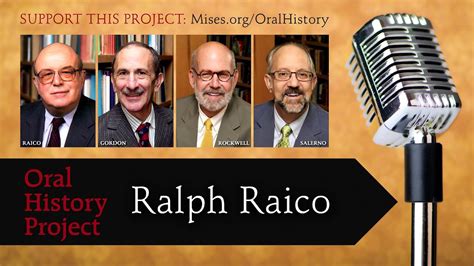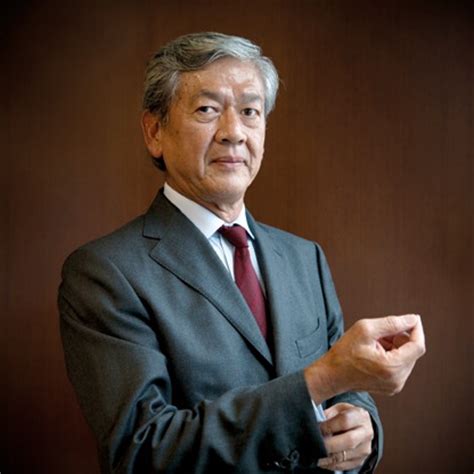A Quote by Paul Polman
The commitment to put an end to illegal deforestation and develop sustainable alternatives for commodities like palm oil and soy, for example, is an inspiring illustration of what can be achieved when governments and industry partners come together determined to bring about transformational market-wide changes.
Related Quotes
The oil industry is a stunning example of how science, technology, and mass production can divert an entire group of companies from their main task. ... No oil company gets as excited about the customers in its own backyard as about the oil in the Sahara Desert. ... But the truth is, it seems to me, that the industry begins with the needs of the customer for its products. From that primal position its definition moves steadily back stream to areas of progressively lesser importance until it finally comes to rest at the search for oil.
It [the pharmaceutical industry] is the most profitable industry in the world, and partially funds the US government. It surpasses oil in terms of profits and my country recently went to war due to oil pricing. What does that say they will do to keep this other industry in tact? It is up to patients and their families to question what they are being given, and to consumers to demand better, more natural alternatives.
Nobody was talking about illegal immigration when Donald Trump entered this campaign. He was attacked from day one for putting the whole issue of the violence that is derived from certain individuals that come into this country illegally on the table. . . He is hearing from all sides. But I promise you, he is a decisive leader. He will stand on the principles that have underpinned his commitment to end illegal immigration in this country. And that's what people will learn more about in the days ahead.
Almost all of the demand for oil that suddenly pushed prices up was speculative demand. People began to speculate not only in stocks and bonds and real estate, but also in commodities. The market went up for old tankers, which were used simply to store oil in. A lot of the oil was simply being stored for trading, not used.
What is the free market? Well, the free market, [we're told] is really a terrible, inhuman kind of arrangement, because it treats people like commodities. But how does the government treat people? Like garbage-worse than garbage. Not like commodities, but like nothing. We libertarians understand that we are not humane, we are not compassionate. It's the leftists and the liberals, they're the ones who are human and compassionate, but you'd better not get in their way.
World Health Day is an opportunity to highlight the problem, but above all, to stimulate action. It is an occasion to call on all partners - governments, international donors, civil society, the private sector, the media, families and individuals alike - to develop sustainable activities for the survival, health and well-being of mothers and children. On this World Health Day, let us rededicate ourselves to that mission.



































